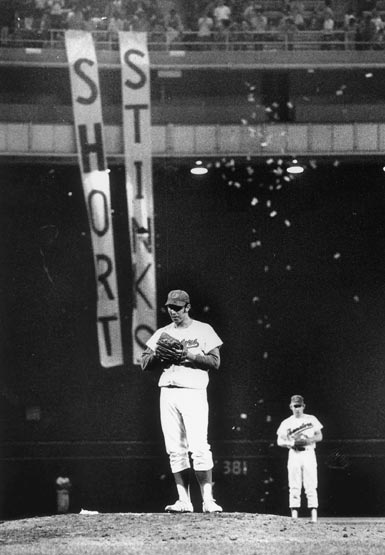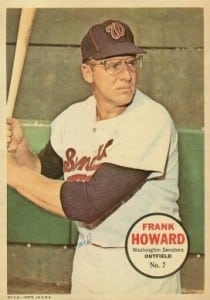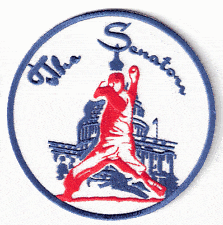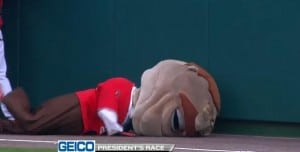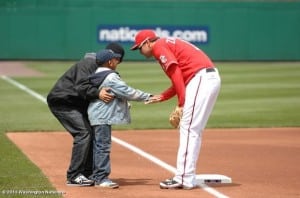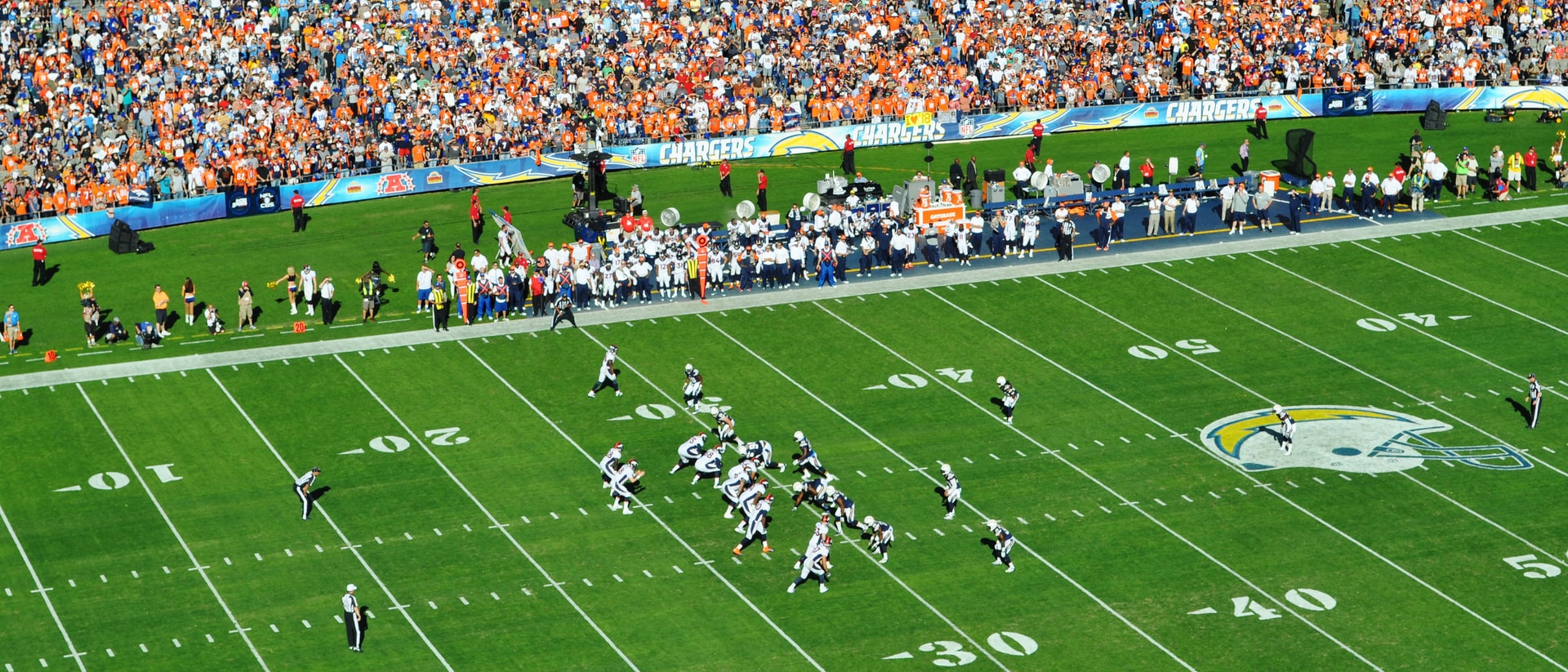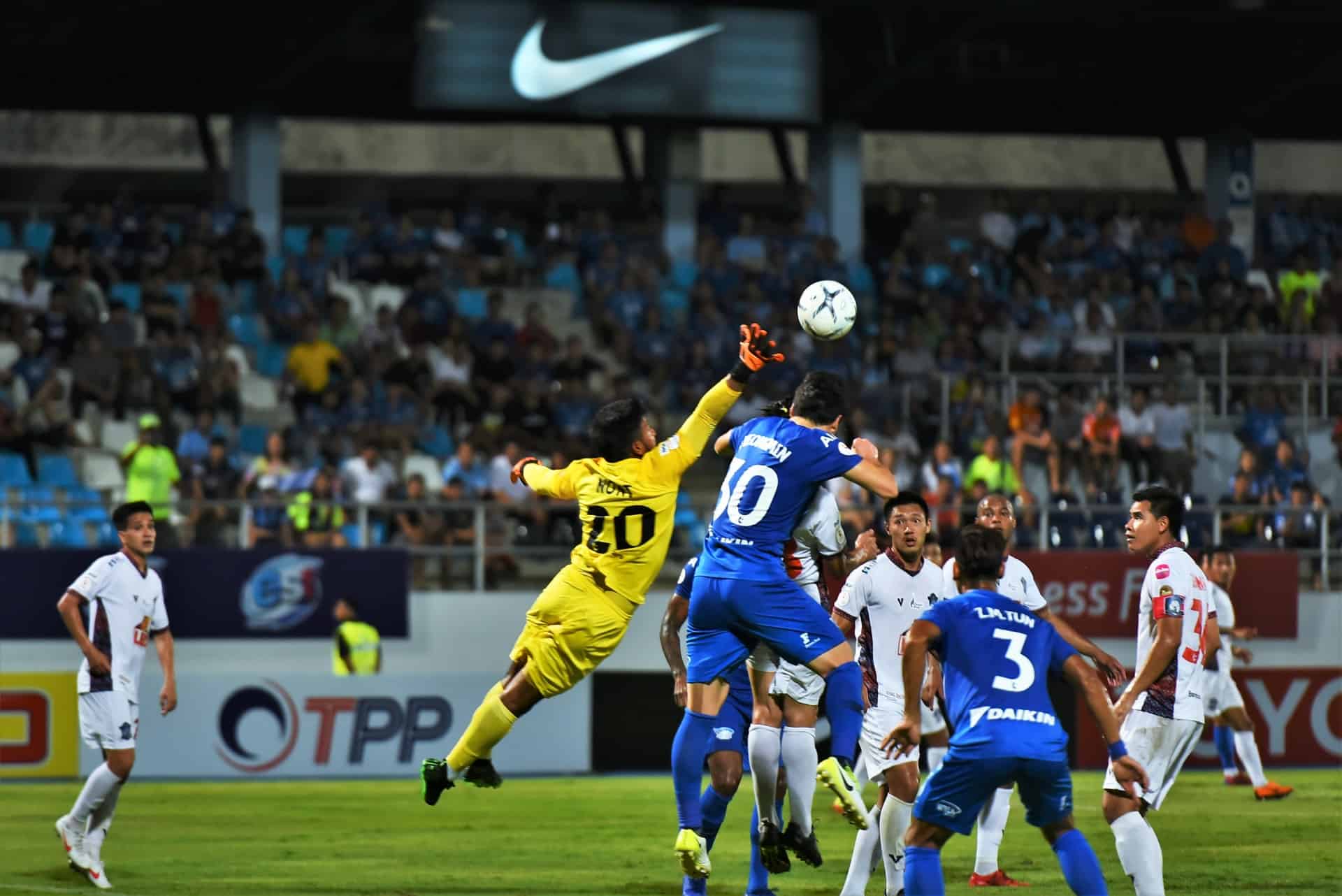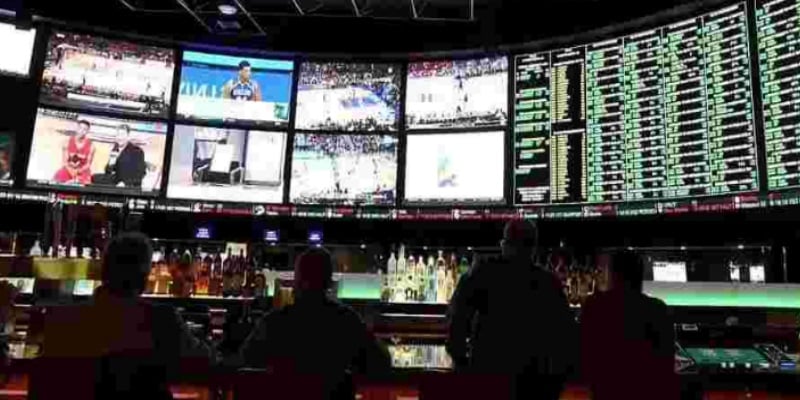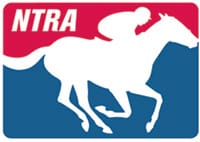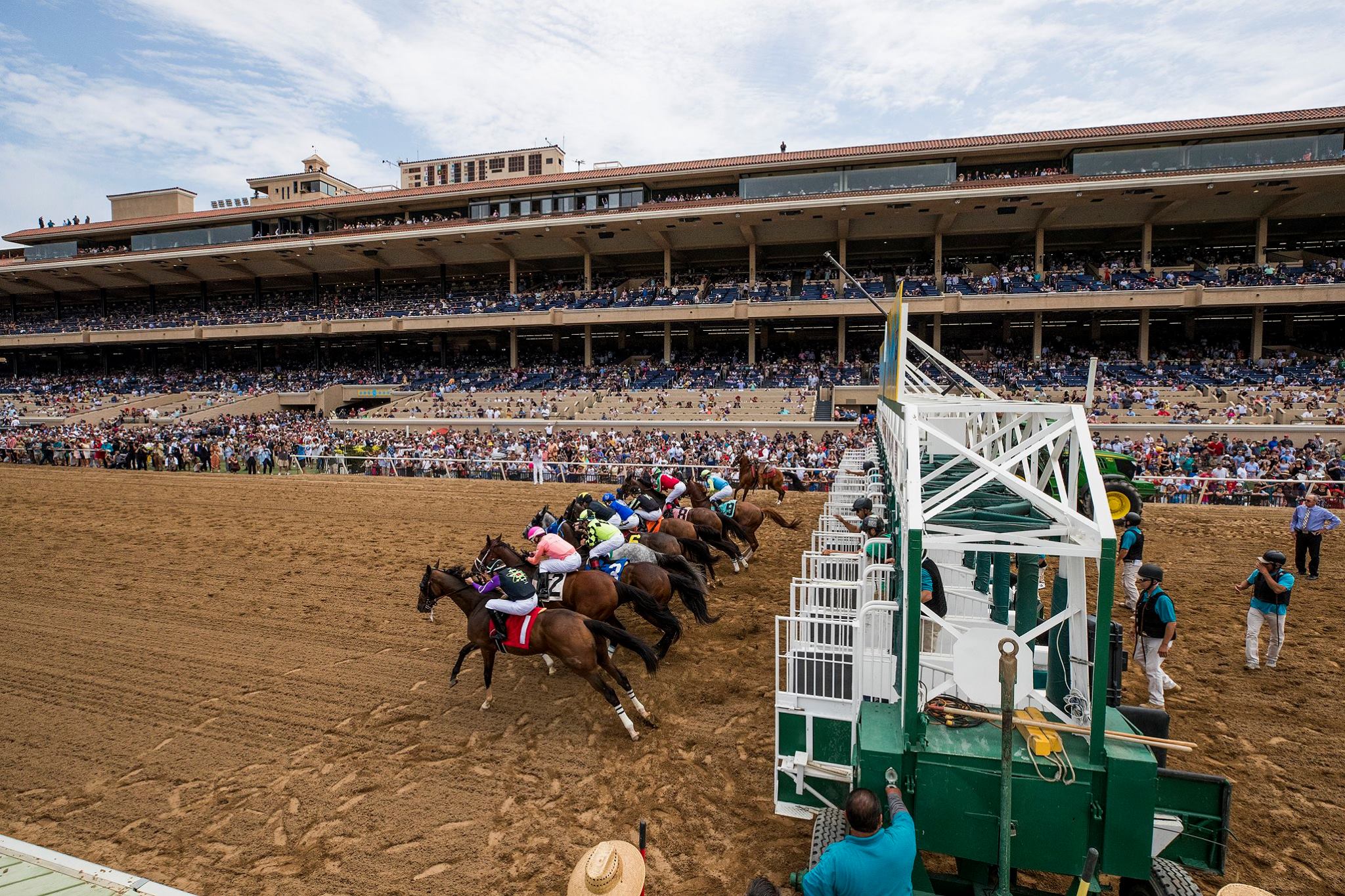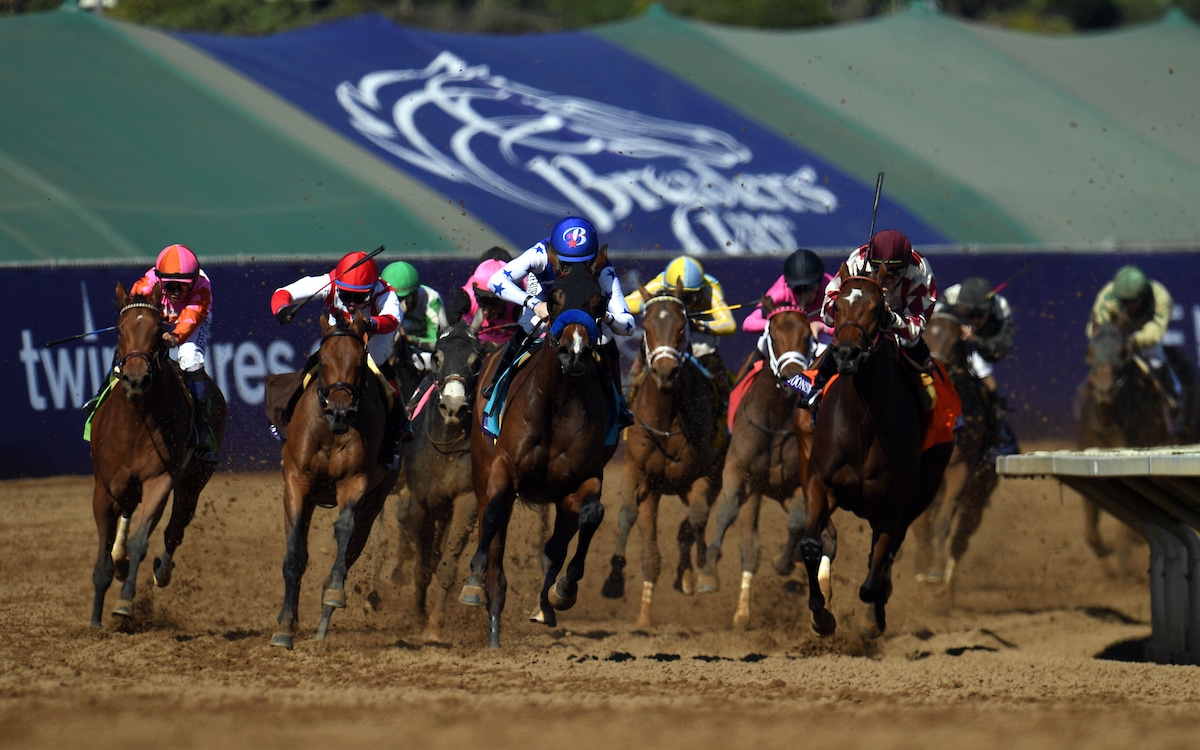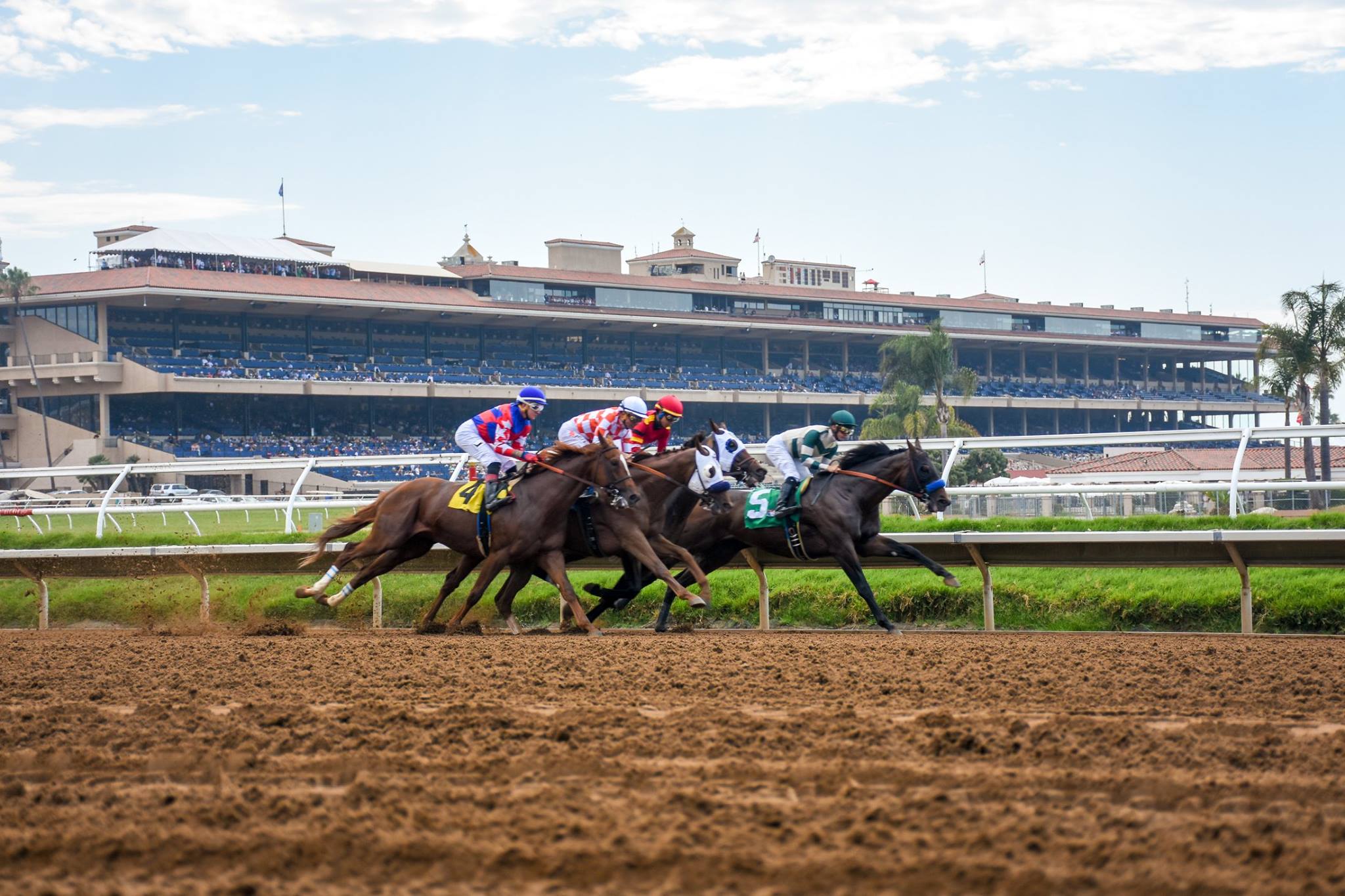His name was Robert Short and he took a good part of my childhood away from me on Sept. 30, 1971.
Four decades later, I am about get a small piece of it back.
Short was the owner of my beloved Washington Senators, and he decided things would be better in Texas, and he got the okay to move the team from Washington D.C. shortly before the end of the 1971 season.
I was a ten-year-old, dreaming of one day playing shortstop for the Senators, although much like Eddie Brinkman, the shortstop for the Senators that I emulated whenever I played baseball, I was all glove and no bat.
I was usually drafted in the first round in my Boys Club leagues once coaches saw me flash the leather, assuming I must be pretty good with the bat too.
Little did they know until the first game that I often decided to swing before the pitcher threw home, which led to a few awkward swings, including once when I got plunked in the back, and another when the pitcher threw it over the backstop.
(This article was originally published on September 29, 2012)
It was long before the designated hitter came about, but my coaches probably were lobbying for a designated fielder position.
I would spend every afternoon playing baseball and each evening listening to the Senators on my AM transistor radio.
When the Senators took the field for their last game in Washington on Sept. 30, 1971 against the Yankees, I don’t think it really hit me that it would be the last game.
After all, the original Senators had left for Minnesota in 1960, owner Calvin Griffith moving the team north, taking my Uncle Gil, who went on to work for the team for the next three decades.
Washington got an expansion team for the 1961 season, so the city did not miss a beat, but they were not very good, and pretty bad when I started following them daily in 1966 at the age of six.
They were living up to the long time slogan for Washington baseball: “First In War, First In Peace, and Last in the American League.”
Although I donned Minnesota Twins gear growing up sent from my uncle, my allegiance was to the Senators and my idol was the larger than life slugger Frank Howard.
Howard was a huge man, standing 6-7 and weighing in at 255 pounds, and he blasted home runs into the upper deck of Robert F. Kennedy Stadium on a regular basis, hitting 44 homers in 1968, 48 in 1969, and 44 in 1970.
Something did seem different that final night, as the radio announcer Ron Menchine did not seem like he had much enthusiasm, and even less after the Yankees took an early 4-1 lead.
Only 14,460 showed up for the final game, and most were downright pissed.
The Metropolitan Police were busy taking down signs that expressed the anger that fans had toward Short.
Most of the giveaways that fans received going into the stadium were being hurled on to the field.
Most fans including me were hoping for one last win, a public lynching of Short, and perhaps one last home run from Howard.
Howard walked in his first at bat, and popped up meekly in his second at bat.
When he came to the plate in the sixth inning, the Yankees were winning 5-1, and pitcher Mike Kekich grooved a fastball right down the middle of the plate.
Howard did not miss it, sending the ball over the left field wall for a home run. The crowd went crazy, and I seem to remember running around the house screaming that my hero had homered.
As I found out later, when Howard reached the dugout, he smiled broadly to the fans and tossed his cap into the stands.
The Senators rallied and took a 7-5 lead into the ninth inning, with the fans still yelling expletives and chanting “We Want Short!”
It boiled over with two outs in the ninth, and fans stormed the field, taking the bases and anything else they could get their hands on.
For the record the Senators had to forfeit the game, their 96th loss of the season.
The Washington Evening Star’s caption on the sports page simply read, “Wildest Funeral Ever.”
Standing on the mound unable to throw another pitch, Joe Grzenda put away the baseball and saved it.
More than three decades later, Grzenda handed the ball to President George W. Bush, who used the ball to throw out the first pitch at the first Washington Nationals game on April 14, 2005.
When the 1972 baseball season started my heroes were wearing Texas Rangers uniforms, but with no internet or MLB Extra Innings package, they might as well have been in China.
The only connection I could make with the team was staring at the box score each morning in The Washington Post.
Two weeks into the season I realized I was a kid without a baseball team.
My Senators were gone, Robert F. Kennedy Stadium was empty, my AM radio was silent, and I was devastated.
Short stinks!
Many of the Senators faithful gravitated to become Baltimore Orioles fans, and even the organization started marketing the team as “The Orioles.”
It was pretty easy to watch the team. They were good, and had greats like Brooks Robinson, Boog Powell, and Davey Johnson, and a pitching staff that included Jim Palmer and Dave McNally.
The Orioles got a shortstop by the name of Cal in 1981 and a new stadium in 1992, making it pretty easy to root for them.
However, they were still not the Senators.
After a few bitter disappointments about rumors that we were getting a team, we finally did get a new ball club, the Montreal Expos moving to Washington in 2005.
The team was terrible, but I was pretty much used to that, and did not care, because baseball was back in D.C., although now I was living in Florida.
They named the team the Nationals, and watching the team run out on the field with those familiar “curly W’s” in April of 2005 was a long time coming.
The feeling of having my team back 34 years after I lost it was incredible, and a part of me has had that same feeling each time the team takes the field, which now amounts to nearly 1300 games.
I have endured a couple of 100 loss seasons, but since April of 2005 I have watched every game, although I admit there were a few games in the early years where I used the fast forward button to get through a few painful innings.
Now, for the first time since 1933, a Washington baseball team will play in the postseason. The Nationals have been in first place in the National League East for the entire season except for ten days.
It is absolutely surreal to see the Nats having a better record than the Yankees. The Yankees!
Mr. Short passed away in 1982, but I am hoping he is looking down (most Senator fans would say he would need to look up) on this Washington ball club.
Short said later in life that moving the Senators to Texas was a huge mistake, and to this day he is one of the most hated men in Washington history, and that is saying a lot.
However, that is now past history, the city of Washington is abuzz about the Nats, and this October I am going to feel like a kid again.
Just don’t ask me to pinch hit.

